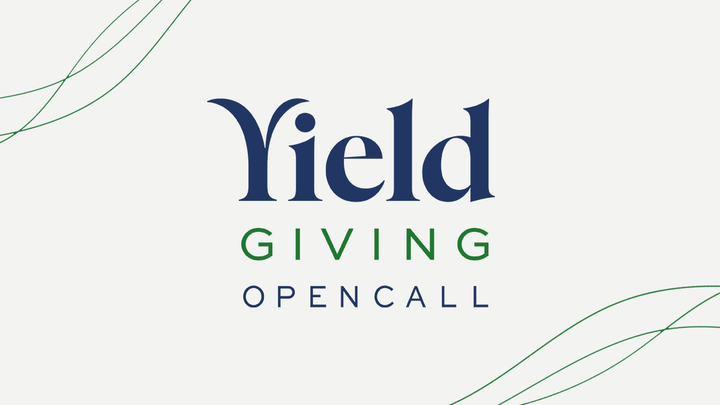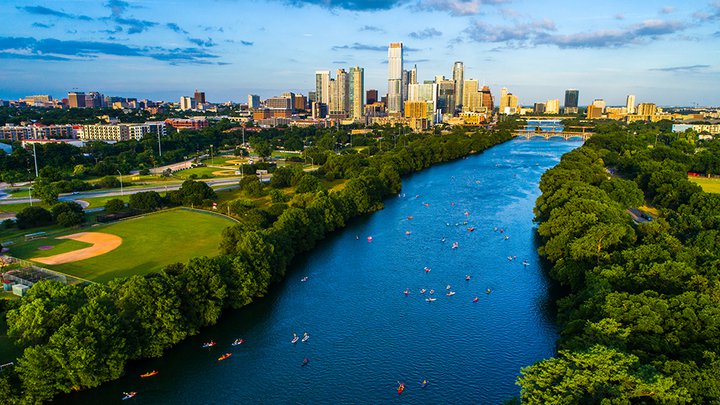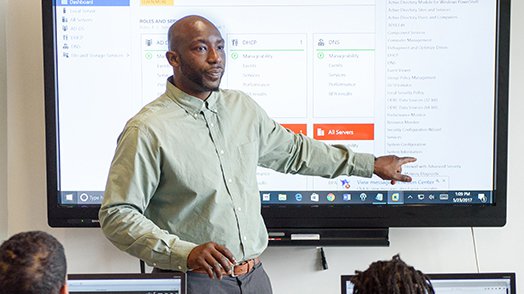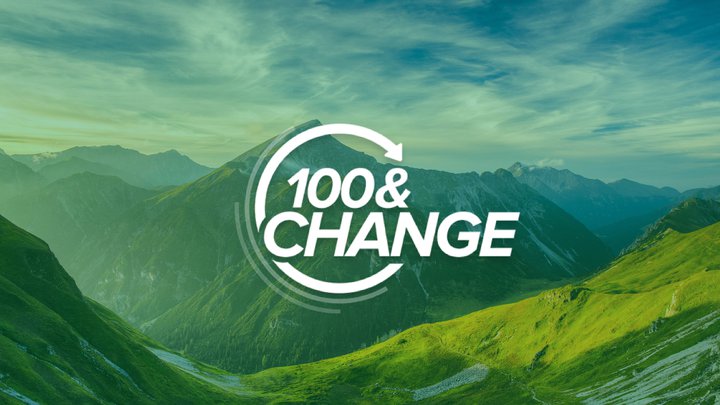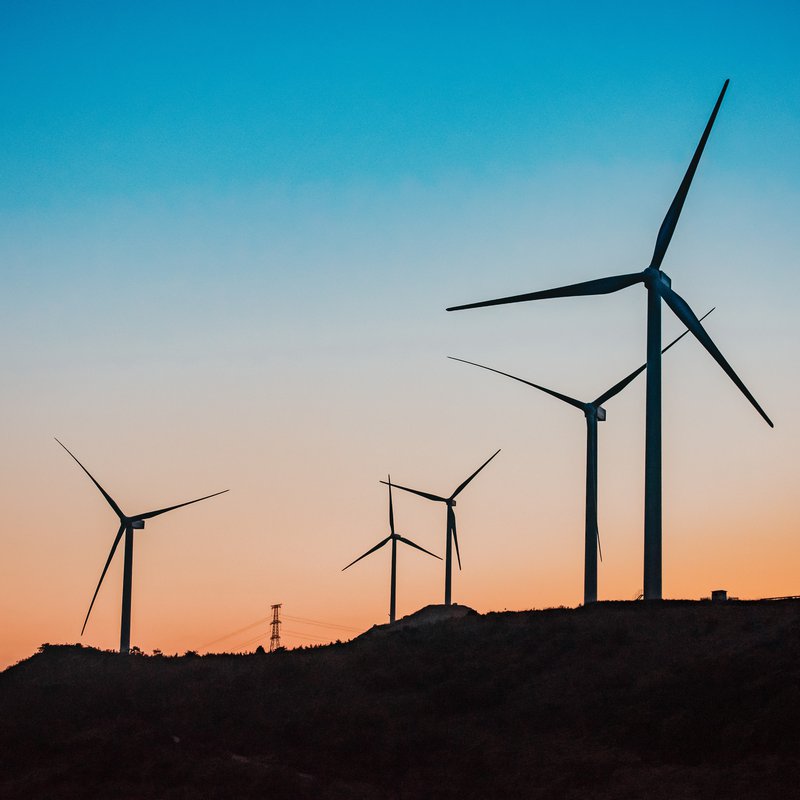2030 Climate Challenge
On June 22, 2021, Lever for Change announced the Renewable Thermal Collaborative (RTC) as the recipient of the $10 million 2030 Climate Challenge, an award sponsored by an anonymous donor to reduce greenhouse gas emissions in the U.S. RTC is jointly managed by the Center for Climate and Energy Solutions, David Gardiner and Associates, and World Wildlife Fund. This funding will help RTC slash industrial thermal emissions 30% over the next decade.
About the 2030 Climate Challenge
The 2030 Climate Challenge was launched on April 29, 2020 to reduce greenhouse gas emissions in the buildings, industry, and/or transportation sectors in the U.S. by 2030.
Sixty-eight proposals were evaluated during a three-month process that included peer reviews, as well as a final review by an expert panel of more than 45 climate experts from the academic, philanthropic, and private sectors. Applications were evaluated based on four criteria: whether they were impactful, feasible, scalable, and durable. The five top proposals were named finalists in January 2021 and each worked with a team of technical experts to strengthen, revise, and re-submit their proposed solutions.
The Recipient
The U.S. currently has the second highest amount of greenhouse gas emissions in the world. Thermal energy for industrial production generates 12.5% of those emissions—more than the entire agricultural sector. Tackling this neglected wedge of emissions is critical. Yet, cost-effective renewable thermal energy solutions are largely unavailable. The primary barriers impeding progress are an inadequate policy framework, technology that is undeveloped or too costly, and a lack of market and financing solutions.
Created and jointly managed by the Center for Climate and Energy Solutions, David Gardiner and Associates, and World Wildlife Fund, RTC is the first and only coalition of renewable energy buyers, sellers, and service providers dedicated to scaling renewable thermal energy solutions. RTC will drive investments in technology, markets, and policy to increase renewable thermal energy and reduce U.S. industrial thermal emissions by 30% by 2030 to decarbonize industrial heat at the scale and speed needed to put us on a pathway to fully decarbonize by 2050.
Finalists
We are featuring the recipient and all of the finalists for the 2030 Climate Challenge in our Bold Solutions Network. This Network seeks to match nonprofits and social enterprises—whose solutions to significant social challenges were highly ranked after rigorous evaluation in one of our competitions—with additional donors and funding.
In addition to RTC, the other finalists of the Challenge included:
- Building with Biomass: Using Buildings to Sequester Carbon at Gigaton-Scale: The Carbon Leadership Forum, in partnership with Endeavour Center, University of Colorado Boulder, and Building Transparency, proposes to convert buildings to carbon sinks by storing carbon in buildings using biogenic materials and reducing carbon emissions in all other building materials.
- Upgrade Everyone: The First Gigawatt of Equitable Virtual Power Plants: Solar United Neighbors, in partnership with Liberty Homes, Clean Energy Works, National Renewable Energy Laboratory and Resource Media proposes to accelerate proven inclusive utility investment to deploy residential energy efficiency upgrades to achieve greater energy system equity and 50% greenhouse gas reduction in communities served by partner utilities in a dozen states by 2025.
- Scale Zero: Healthy, Zero-Emission, Affordable Housing for All: RMI, in partnership with Emerald Cities Collaborative, NYCEEC, Association for Energy Affordability, and Enterprise Community Partners, will decarbonize the nation’s building sector through a two-pronged campaign focused on policy and retrofits of affordable multifamily housing in five states.
- Turning Point: Driving Southeast Transportation Electrification: The World Resources Institute, Electrification Coalition, EVHybridNoire, and the Southern Alliance for Clean Energy will drive Southeast transportation electrification to increase EV market share to 50% and reduce annual CO2 emissions by 50 million tonnes by 2030.
We are calling on additional philanthropists to join efforts to fully fund all five of the finalists that were identified during this Challenge. Donors interested in supporting finalists may contact Dana Rice, our Vice President of Philanthropy.
